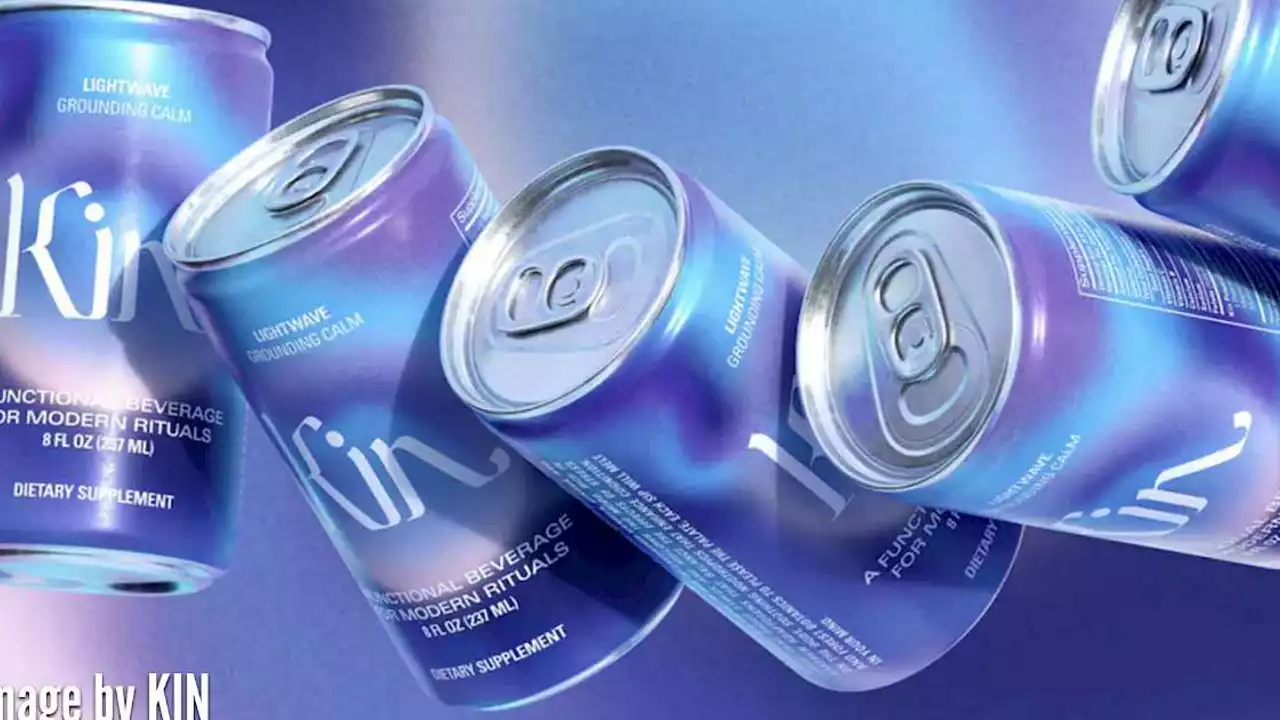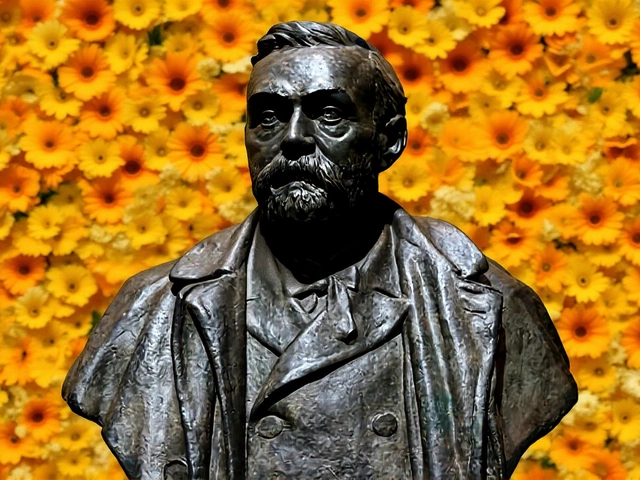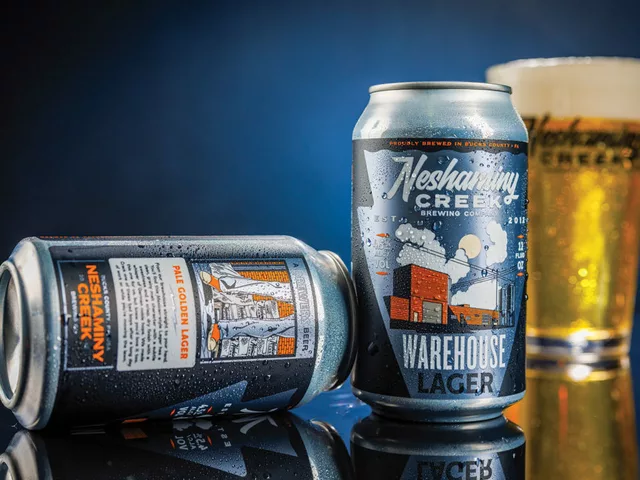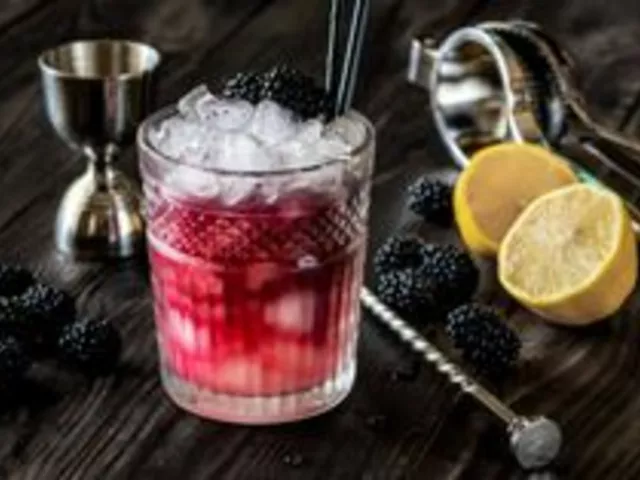The Birth of the 'Virgin' Term
Many of us enjoy a good cocktail or two, but at times, we prefer to keep things non-alcoholic. Enter the 'Virgin' drink, a term that has become popular in the beverage industry and beyond. But why is a non-alcoholic drink called 'Virgin'? The term 'Virgin' in relation to drinks dates back to the 19th century when it was used to describe a drink that was pure and untouched, just like the Virgin Mary. This was a time when people were very religious and the term 'Virgin' was considered sacred and pure.
The Evolution of the Virgin Drink
The term 'Virgin' has evolved over time and has now become synonymous with non-alcoholic beverages. In the past, the virgin drink was simply a water or juice. However, as the cocktail culture took off, bartenders started creating non-alcoholic versions of popular cocktails, and they needed a name for these new creations. Hence, the term 'Virgin' was adopted and has been used ever since to denote a drink that doesn't contain alcohol.
Popular Virgin Drinks
There are countless popular virgin drinks available today, each with its unique flavor profile. The Virgin Mary, for instance, is a non-alcoholic version of the Bloody Mary, while the Virgin Mojito is a refreshing non-alcoholic twist on the classic Mojito. Other popular virgin drinks include the Virgin Pina Colada, Virgin Margarita, and Virgin Daiquiri. These drinks give non-drinkers and those who prefer to avoid alcohol the chance to enjoy a delicious beverage without the booze.
Why 'Virgin' and Not 'Non-Alcoholic'?
You might be wondering why we use the term 'Virgin' instead of simply calling these drinks 'non-alcoholic'. Well, the term 'Virgin' is more appealing and marketable. It sounds more exotic and intriguing than just 'non-alcoholic'. Plus, it allows bartenders and drink makers to showcase their creativity in creating a drink that is as tasty and visually appealing as its alcoholic counterpart.
The Health Benefits of Virgin Drinks
Aside from avoiding alcohol, virgin drinks also come with a host of health benefits. They are often made with fresh fruits, herbs, and other natural ingredients, which are packed with vitamins and antioxidants. Virgin drinks are also typically lower in calories compared to their alcoholic counterparts, making them a healthier choice for those watching their calorie intake. Plus, they help you stay hydrated, which is especially important in hot weather or when you're at a party.
The Social Aspect of Virgin Drinks
Virgin drinks also play a significant role in social situations. They provide an alternative for those who don't drink alcohol, whether for health reasons, religious beliefs, or personal preference. With a virgin drink in hand, non-drinkers can still feel included in social events and celebrations where drinking is involved. It allows everyone to partake in the fun and enjoyment of sipping on a delicious beverage.
The Future of Virgin Drinks
The future of virgin drinks looks bright. As more people become health-conscious and seek out non-alcoholic alternatives, the demand for virgin drinks is expected to grow. Bartenders and drink makers are also constantly experimenting with new flavors and ingredients, pushing the boundaries of what a virgin drink can be. It's an exciting time for the beverage industry, and I can't wait to see what new virgin creations are on the horizon.





